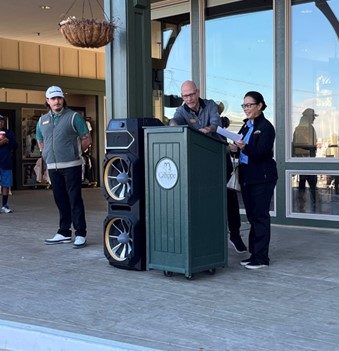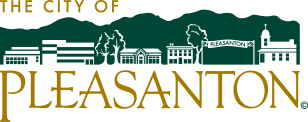Public Works
Water & Sewer Services
- Pleasanton Water
- Sewer Service & Programs
- Recycled Water Programs
- Water Conservation
- Clean Water Program
- Cross-Connection Control & Backflow Protection Program
- Sewer Pipe Blockage Control Program (SPBCP)
- Stormwater Drainage Systems
- Flood & Floodplain Information
- Joint Groundwater Wells Project
City Amenities
Customer & Community Services
- Customer Service & Utility Billing
- Dog Licensing
- Graffiti Removal
- Street Sweeping
- Pesticide Posting Program
- Interactive Map of Tree Inventory
- Tree Removal Application
- City Landscape & Tree Preservation Ordinance
Engineering & Construction
The Public Works Department is responsible for the operations and maintenance of the City’s infrastructure, design and construction of public facilities, as well as the administration of many quality-of-life services listed below.
Additional Resources
The following partner agencies provide additional information and services related to water and flood protection
Public Works in Action
Celebrating 20 Years of Callippe Preserve Golf Course!
Public Works staff had the pleasure of attending Callippe Preserve Golf Course’s 20-year anniversary celebration this month. The event was wonderfully attended and a great reminder of how special this community space is to Pleasanton.
CourseCo put together a fantastic anniversary slideshow capturing two decades of memories and milestones — take a look here


Current Service Alerts and Infrastructure Notices
No current service interruptions.
The City of Pleasanton Public Works Department is not reporting any service disruptions at this time.
Our crews continue to monitor systems citywide to ensure services remain safe and reliable. If you have a concern to report, please contact Public Works using the Report a Concern.
Administration Hours
Public Works
3333 Busch Rd.
Pleasanton, CA 94566
Monday – Friday Walk in Hours: 7:00 a.m. – 4:00 p.m.
Office: (925) 931-5500
Fax: (925) 931-5595
Engineering
200 Old Bernal Ave.
Pleasanton, CA 94566
Office: (925) 931-5650
Permit Center In-Person Hours
| Monday | 9 a.m. – 4 p.m. |
| Tuesday, Wednesday, Thursday | 9 a.m. – 1 p.m. |
| Friday | Closed |
Phone and Email Services:
Available Monday to Friday, 8 a.m. – 5 p.m.
Contact us by filling out the form below:
